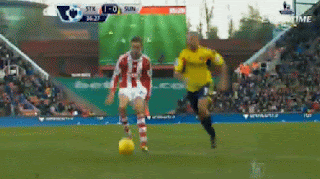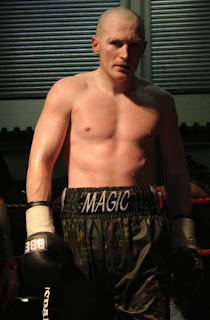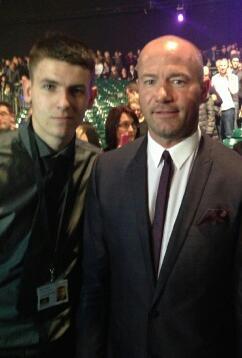After a weekend of controversial decisions, is the standard of refereeing in the Premier League at its lowest point yet? Let’s address the incidents chronologically.
In Saturday’s early kick off, Liverpool manager Brendan Rodgers was left seething after what he described as a “naughty”, potentially career-ending, tackle on Luis Suárez by Kevin Mirallas.
The Everton winger flew in high and late on the Uruguayan, with his studs registering above knee-height. Referee Phil Dowd clearly saw the incident, but disagreed with the masses, as he brandished a yellow card for the Belgian.
Then, 37 minutes into Sunderland’s 3 o’clock trip to Stoke, Wes Brown saw red for a perfectly timed, albeit strong, tackle on Charlie Adam. A decision which left former Premier League midfielder Robbie Savage outraged, he took to twitter to say “red card for Wes Brown ,terrible, worst decision I've seen.”
Pundits and fans alike agree that Brown’s tackle required no punishment, let alone a straight red. So how has Kevin Friend made such a howler?
Fast-forward to Sunday afternoon’s clash between Premier League new boys Cardiff, and champions Man United. In the opening ten minutes, Wayne Rooney showed us a glimpse of the recklessness he has tried so desperately to shake.
After being blocked off by Jordan Mutch, Rooney’s frustration got the better of him and he kicked out at the midfielder, prompting outrage from the home fans. Referee Neil Swarbrick saw the clash and made a decision, Yellow.
Final minute of the same game and Swarbrick delayed the taking of a Cardiff free kick after spotting some over-zealous jostling between Gary Medel and Marouane Fellaini. He gave the two midfielders a warning before allowing the free kick to be taken.
Replays clearly show that Medel aimed a punch towards the Belgian’s face, a blatant red by anyone’s standards. Cardiff went on to score from the free kick.
So just what on Earth is going on? Inconsistency is rife among the so-called elite match officials, it seems as though officials are hell-bent on trying to follow the endless rules which are thrown in front of them by governing bodies. But these rules are followed at the expense of something much more important, common sense.
Fans and pundits see the action differently because they have the freedom to use common sense. Wes Brown won the ball cleanly and made no contact with Charlie Adam, common sense tells you that’s a great tackle.
But referees have had this right to use their own mind taken away from them. Brown’s tackle could have been dangerous had he mistimed it, and therefore in the eyes of the bigwigs, he deserves an early bath.
The simple truth is this, until refs are refunded their power to think, terrible decisions will be a mainstay in our beautiful game.






















